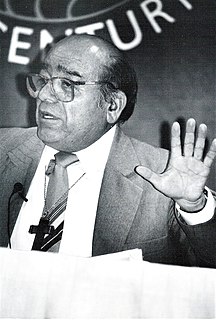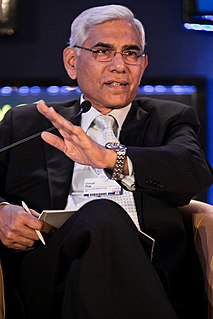A Quote by Tina Brown
We live in a culture of destructive transparency.
Quote Topics
Related Quotes
The days of the Pentagon Papers debates seem long past, when a sudden transparency yielded insight into fights over war and peace and freedom and security; the transparency afforded by Twitter and Facebook yields insights that extend no further than a lawmaker's boundless narcissism and a culture's pitiless prurience.
The indigenous peoples understand that they have to recover their cultural identity, or to live it if they have already recovered it. They also understand that this is not a favor or a concession, but simply their natural right to be recognized as belonging to a culture that is distinct from the Western culture, a culture in which they have to live their own faith.
There's a transparency revolution sweeping the world. The more you can have transparency of payments, the more you'll be able to follow the money and the more you'll be able to see that payments for mineral rights in poor countries actually go to the people who need it, and don't get put into a kleptocrat's pocket. Transparency is terribly important for us.




































